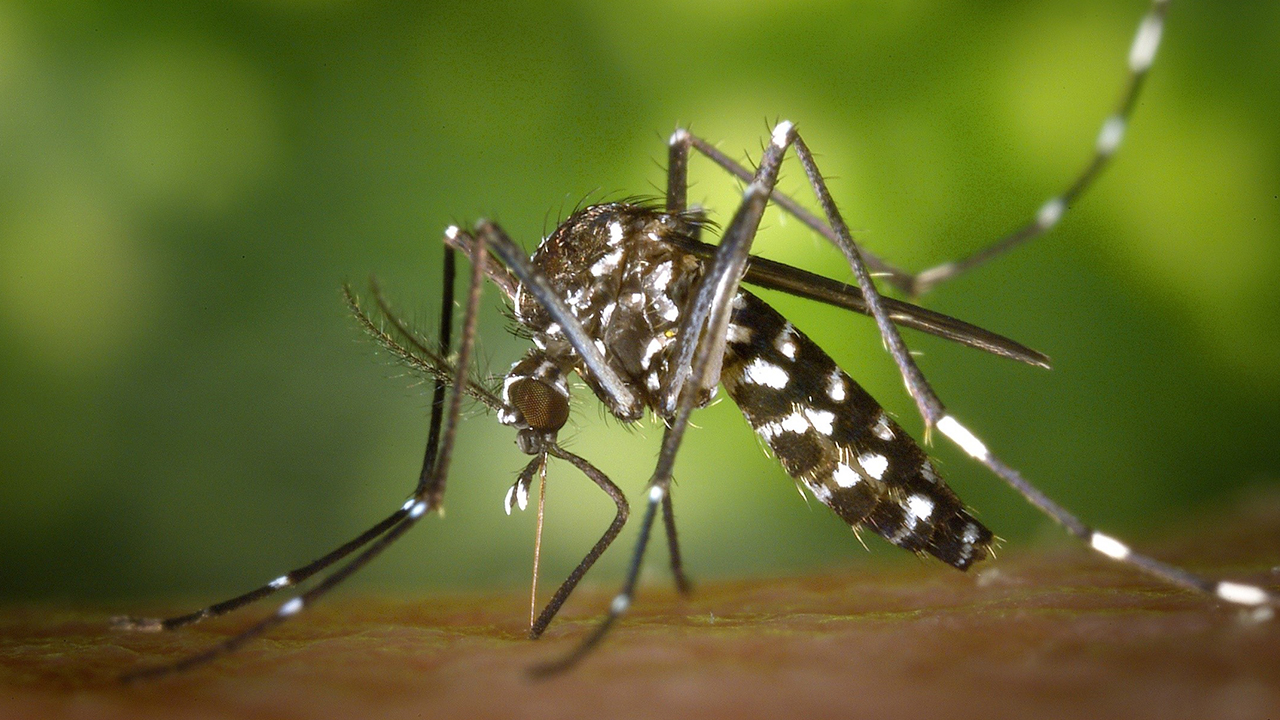esearch published today in Nature Microbiology paints a startling new picture of where dengue, the world’s fastest-growing mosquito-borne virus, will spread to put more than 6 billion people at risk toward the end of the century.
The study predicts risk to increase in the southeastern United States, coastal areas of China and Japan, and inland regions of Australia, based on researchers’ analysis of climate change data, urbanization, and resources and expertise available to control the virus. However, the biggest changes are predicted to occur in nations where dengue is already endemic.
ing mosquito-borne virus, will spread to put more than 6 billion people at risk toward the end of the century.
The study predicts risk to increase in the southeastern United States, coastal areas of China and Japan, and inland regions of Australia, based on researchers’ analysis of climate change data, urbanization, and resources and expertise available to control the virus. However, the biggest changes are predicted to occur in nations where dengue is already endemic.
“What was most surprising was actually how much less spread we predict in comparison to previous dengue maps,” said Dr. Oliver Brady, co-author of the paper and an Assistant Professor at the London School of Hygiene & Tropical Medicine. “While climate change is likely to contribute to dengue expansion, factors including population growth and increasing urbanization in tropical areas will play a much larger role in shaping who will be at risk in the future.”
The estimates are the first to include the projected spread of mosquitoes that carry the dengue virus. They forecast out to the years 2020, 2050, and 2080 at a high spatial resolution using the latest climate change projections from the Intergovernmental Panel on Climate Change (IPCC).
Dengue causes the greatest disease burden of any virus transmitted by mosquitoes, ticks, or other insects, with an estimated 10,000 deaths and 100 million infections per year, according to the World Health Organization. There is no specific treatment, but ensuring governments have robust programs for mosquito control, clinical management of disease, and outbreak response can help limit the impact of dengue.
The researchers first mapped environmental suitability for the dengue virus in 2015, then modeled the estimated distribution of dengue over the next 65 years. The results show that demographic changes in areas where the disease is already present will drive much of the increase in dengue burden, putting an estimated 60 percent of the global population at risk of contracting the virus in 2080.
The greatest shifts in dengue risk are projected to occur on the African continent, particularly in the Sahel and southern Africa. In contrast to other studies, the results do not show significant expansion of dengue across continental Europe, with only a few isolated areas around the Mediterranean likely to see low levels of risk in the future.
“We found that the population at risk of dengue will grow substantially and disproportionately in many areas that are economically disadvantaged and least able to cope with increased demands on health systems,” said co-author Dr. Simon I. Hay, Director of Geospatial Science at the Institute for Health Metrics and Evaluation and Professor of Health Metrics Sciences at the University of Washington. “Mitigation strategies must focus on dengue-endemic areas, not just the risk of expansion to Western nations. Taking action now by investing in trials of novel vaccines and mosquito control and planning for sustainable population growth and urbanization are crucial steps for reducing the impact of the virus.”
In addition to the US, China, Japan, and Australia, new areas at risk over the next 60 years include higher altitudes in central Mexico and northern Argentina. Areas with decreasing risk include areas in central East Africa and India.

 Dengue poised to become an epidemic globally with 6 billion infected by the end of this year
Dengue poised to become an epidemic globally with 6 billion infected by the end of this year




















.jpg)











